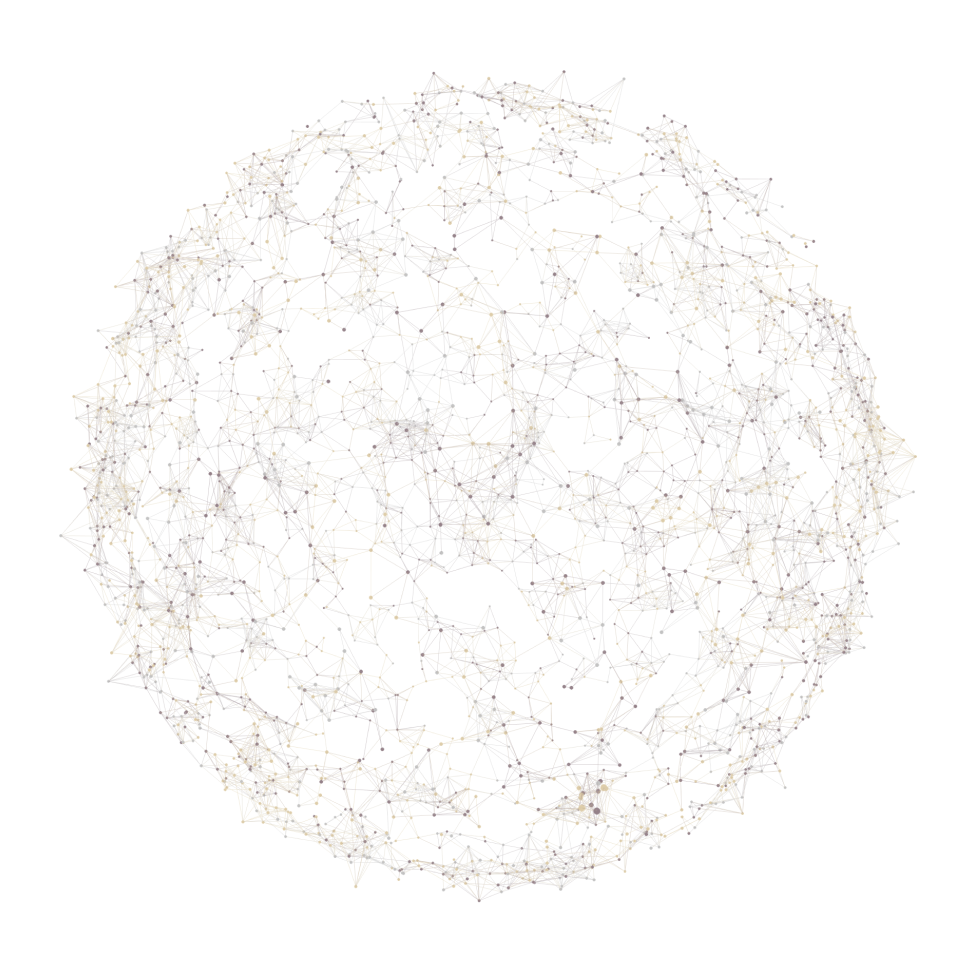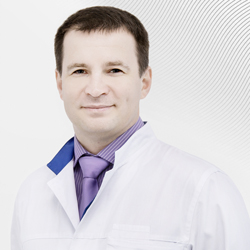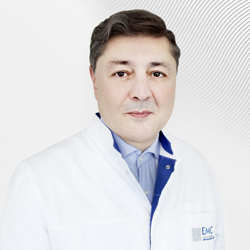
Cardiovascular Diseases Clinic
The Cardiovascular Clinic at EMC performs placement of different antiarrhythmic devices to treat bradyarrhythmias, tachyarrhythmias and for cardiac resynchronization therapy.
We use the latest technology implants from the world's leading manufacturers of implantable devices such as Biotronik (Germany), Boston Scientific, Medtronic, St. Jude (US) and Vitatron (Netherlands).
MRI-Compatible Systems
At the moment, there are devices that allow patients to safely undergo an MRI scan (earlier this was strictly forbidden). If the patient is planning a study or has accompanying conditions, which make the necessity of an MRI more likely (diseases of the spine, spinal cord and brain, joints etc.), it is appropriate to consider the implantation of an MRI-compatible system.
Implantable Devices with Remote Monitoring
The new devices can also be monitored remotely. This function is currently, supported in Russia by Biotronik (Home Monitoring System).
The patient has a miniature transmitter (with a GSM-module) the size of a cordless telephone, which automatically transmits (or after the patient activates transmission) all of the information about the state of the system and the ongoing changes in the patient's body. The signal is coded, sent to a mobile phone (in case of emergency alerts) or in an e-mail to the doctor.
Depending on the situation, the doctor may ask to see the patient for correction of the stimulation parameters or to give advice about changes in medication. Feedback is not provided to avoid the possibility of foreign intervention in the device's operation. These systems are particularly useful for frequent travelers or for those patients who live at a distance from major centers, when a visit to the doctor can be fraught with difficulties.
Diagnosis of Hidden Arrhythmias
At the Cardiovascular Clinic at EMC it is possible have a heart monitor implanted to detect hidden rhythm disorders.
The device looks like a USB-stick and is implanted through a small incision in the chest muscles. It records the heart rhythm for 24 hours a day for months and years. Such recordings are sometimes necessary to confirm whether a patient's loss of conscious is cardiac in nature, or for other clinical manifestations a patient may be having, provided other causes have been eliminated and traditional Holter monitoring has not provided results (short periods of monitoring of cardiac arrhythmias may not catch the problem). The device can also be equipped with a "panic button": when the patient feels unwell, he activates a button, which leaves a mark on the heart rate recording. The doctor, by comparing the marks on the rhythm recording, can determine whether the symptoms are associated with the patient's heart rhythm disturbances.
You can also check the functioning of your implanted device. We recommend you call and tell us the brand or maker of your implant. The information provided about your implanted device will greatly facilitate and accelerate the verification study.
You can also check the functioning of your implanted device. We recommend you call and tell us the brand or maker of your implant. The information provided about your implanted device will greatly facilitate and accelerate the verification study.
Prices
| Name | Price, € | Price, ₽ | Code |
CONSULTATIONS > Specialist's consultation
| Vascular surgeon consultation | 220 € | 20 424 ₽ | CS14 |
| Cardiologist consultation | 220 € | 20 424 ₽ | CS20 |
| Endovascular surgeon consultation | 220 € | 20 424 ₽ | CS72 |
| Arrhythmologist consultation including control of implanted devices | 220 € | 20 424 ₽ | CS75 |
TELECONSULTATIONS
| Vascular surgeon remote consultation | 220 € | 20 424 ₽ | RCS14 |
| Cardiologist remote consultation | 220 € | 20 424 ₽ | RCS20 |
| Endovascular surgeon remote consultation | 220 € | 20 424 ₽ | RCS72 |
| Arrhythmologist remote consultation including control of implanted devices | 220 € | 20 424 ₽ | RCS75 |
DOCTOR HOUSE CALL
| Cardiologist examination with house call within Moscow | 570 € | 52 917 ₽ | DHC59 |
| Cardiologist examination with house call up to 10 km from Moscow | 626 € | 58 116 ₽ | DHC60 |
EMC Schepkina
35, ul. Schepkina, Moscow, 129090
Yandex.Maps
Yandex.Maps
Парковка: № 3105, пн-вс, кроме праздников,
с 8 до 21 ч — 380 руб/ч,
с 21 до 8 ч — 200 руб/ч
Work hours: 24/7
Phone:
+7 (495) 933-66-55

Represented specialties

